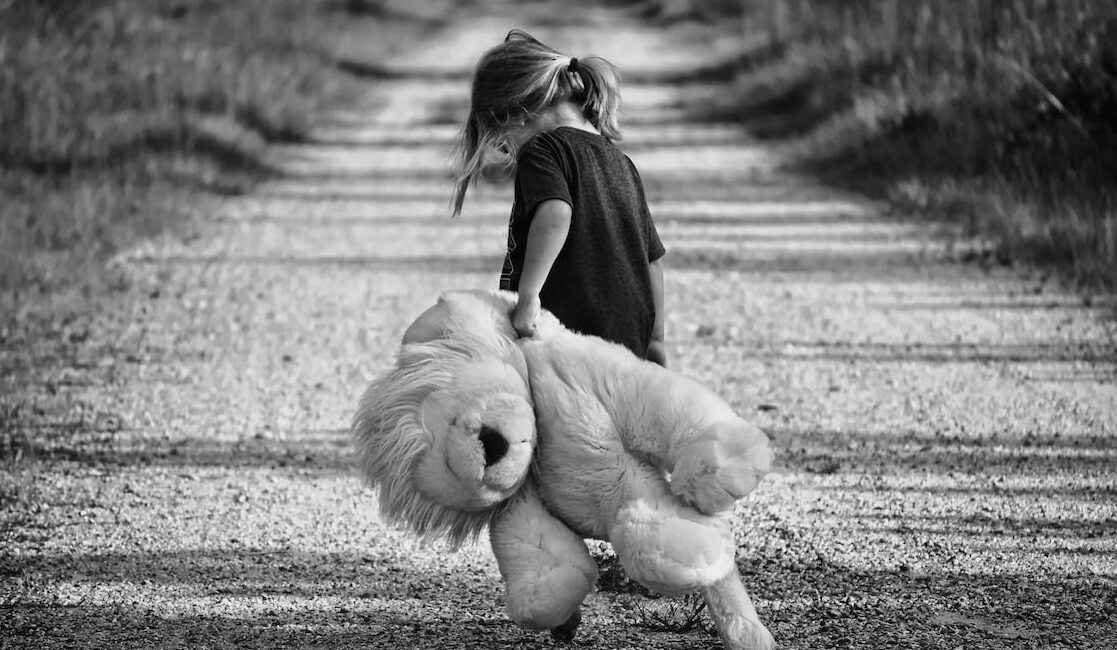Childhood trauma leaves indelible marks. You might have felt its echo in silent moments, in behaviours you couldn’t understand or in reactions that seemed out of proportion to the situation. As South Africans, with a history steeped in trauma, this connection takes on an added depth. To many, the link between early-life distress and later-life addiction has often been a puzzle piece fitting seamlessly into the greater picture of their lives.
Bessel van der Kolk, a renowned trauma researcher, once said, “The body keeps the score.” Childhood trauma, be it physical, emotional, or psychological, doesn’t merely vanish as years pass. It embeds itself, altering the brain’s architecture and changing the way you react to the world. The pain that’s buried often finds an outlet, and for some, that escape becomes substance abuse. In trying to numb or forget the trauma, a person might turn to drugs or alcohol as a coping mechanism, not necessarily because of a ‘disease’, but in response to deep-seated pain.
In the South African context, the legacy of apartheid, coupled with ongoing socio-economic challenges, has left many in our nation wrestling with the scars of their past. A study from the University of Cape Town indicates a robust association between childhood adversities and substance use amongst South African adults. The environment of stress, often perpetuated by poverty, inequality, and community violence, provides fertile ground for addiction-based behaviours to take root.
But it’s vital for you to realise that while trauma may be a precursor to addiction, it isn’t a life sentence. The journey to healing, though unique for every individual, is paved with hope and possibility. Seeking help, understanding the trauma, and processing the emotions tied to it can redirect the trajectory from addiction to recovery. As Maya Angelou beautifully put it, “You may not control all the events that happen to you, but you can decide not to be reduced by them.”
By understanding this link, you can begin to shed the shame or blame you might have placed on yourself or a loved one. It’s not about a lack of willpower or moral failing. It’s about circumstances and environments that might have overwhelmed a person’s capacity to cope. Knowledge, understanding, and compassion are your allies in this journey towards healing.
Understanding The Connection
- Biological Implications: How trauma physically alters the brain’s structure and functionality.
- Cultural Perspectives: How different cultures within South Africa perceive and respond to childhood trauma and addiction.
- The Role of Resilience: Exploring how some individuals with trauma backgrounds resist addiction tendencies.
- Treatment Modalities: Therapies and interventions tailored for those with dual diagnoses of trauma and addiction.
- Childhood Trauma Categories: Differentiating between types such as emotional, physical, sexual, and neglect.
- The Cycle of Trauma: How untreated childhood trauma can perpetuate a cycle, affecting subsequent generations.
- Prevention Strategies: Efforts to prevent trauma in childhood and early intervention strategies.
- Survivor Stories: Personal narratives of South Africans who have overcome both childhood trauma and addiction.
- The Role of Support Systems: How family, friends, and community can play a role in healing and recovery.
- Societal Impact: Evaluating the broader consequences of this link on South African society, from economic to health impacts.
Unraveling the Ties – How Childhood Wounds Pave the Way for Addictive Behaviors
Navigating the intricate web of how early-life adversities mold our behaviors, particularly those leaning towards addiction, is essential for your understanding and healing. From our discussions on the ties between financial challenges, addiction, and the profound impacts of early traumas, it’s evident that individual experiences and their shadows deeply influence addictive patterns. These aren’t mere circumstances but integral parts of a person’s story, demanding acknowledgment and support. By reaching out to us, you’re not only seeking clarity on these intertwined experiences but also opening a door to tailored guidance, offering you or your loved ones a chance to rewrite the narrative.
Isn’t it something, how our childhood memories, both good and bad, shape us in ways we often can’t fathom? Diving deep into the interplay between early traumas and addiction has been a rollercoaster, but it’s essential to understand that many of our fellow countrymen and women are navigating these choppy waters daily. Recognizing the impact of these traumas and the resultant addictive behaviors, especially in our unique South African context, is the first step towards healing and creating a supportive community. Remember, it’s not about where the story starts but where it can go. If any of this resonates with you, or if you know someone grappling with these challenges, remember there’s always hope, always a new chapter waiting to be written. As the iconic Nelson Mandela once said, “It always seems impossible until it’s done.” Let’s take those steps toward healing together.

